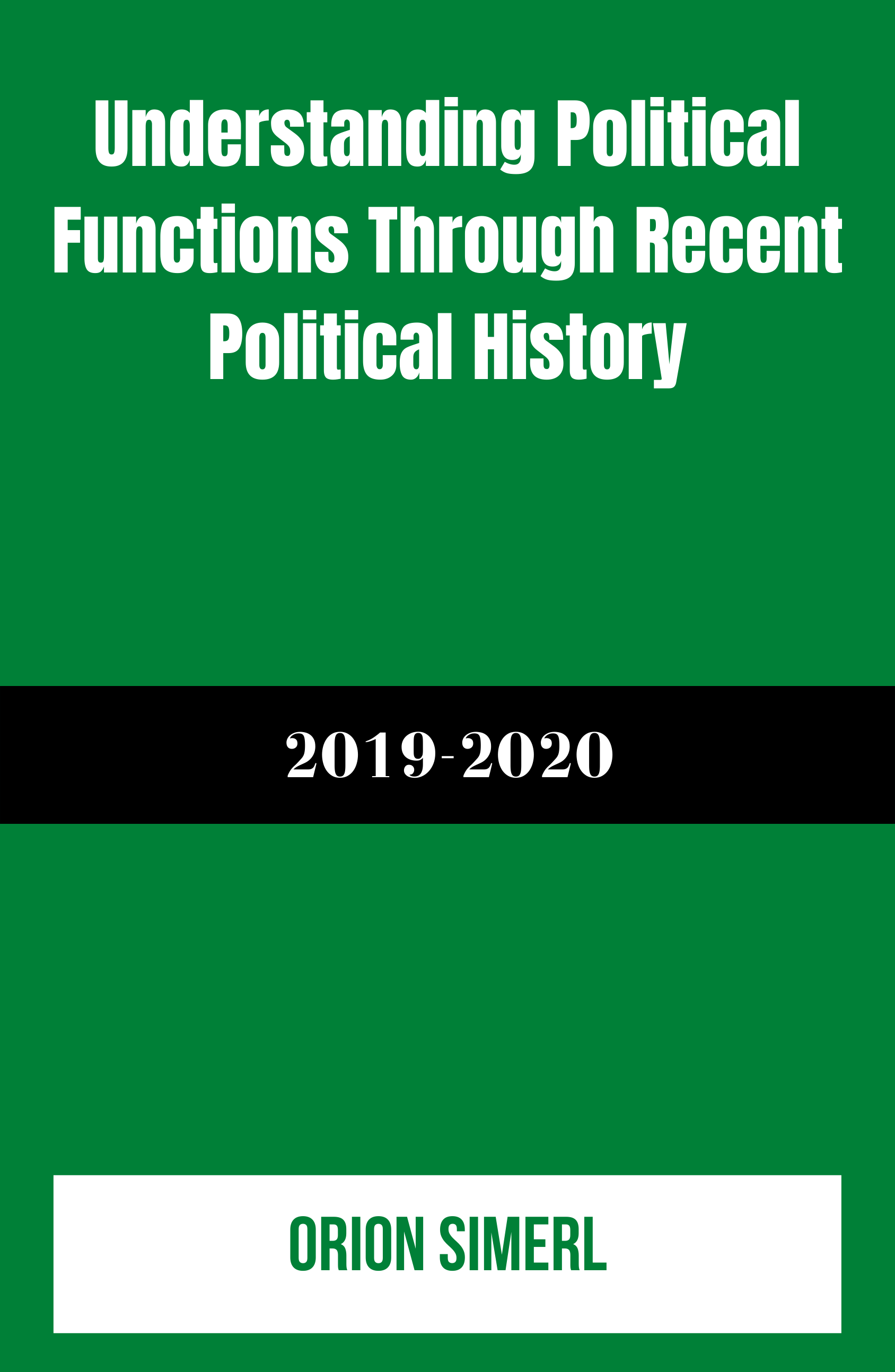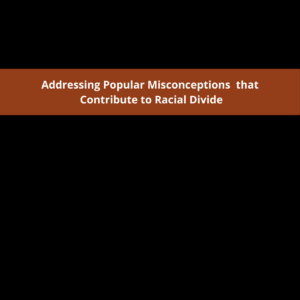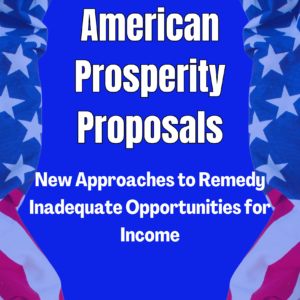Description
Introduction
From 2019 through 2020 I directed more attention to following current events than I had previously. This direction of attention led to the creation of content intent on addressing popular misconceptions pertaining to political function. Some of this content was separated into other projects like Racial Perceptions, and the Covid-19 Media Project, while the Florida Ordeal was also written around this time and describes the legal battle I was involved in during this period. Understanding Political Function Through Recent Political History begins with imparting an understanding of the intentions with which this country was founded (Founding Intents), and how what we observe today is the evolution of those intents, not a deviation from them. The summary being that the US Government was established as a forum through which those with money could settle disputes as to how public policy should be created to advance their interests.
Government, The Facilitator of Money to Power draws from Ferguson’s papers that follow the flow of money from industry to the campaigns of federal candidates. Those papers are supplemented by additional sources for campaign contributions and studies showing how public policy has led to the direct enrichment of large contributors. In consideration of corporations supporting both parties we reach the logical conclusion that campaign contributions are not support for a candidate and their ideas, but are a political investment for policy that will serve industrial interests, or priority of one industry over others in public policy. The implications being that the funds required to be competitive in general elections typically must come from industry, and industry only supplies those funds to candidates who will serve their interests in public policy, so although there are differences in interest among industry, a candidate must serve industrial interest to be competitive in an election. It also means candidates cannot support policies that are adverse to the industrial interests that support them or they will lose the funding to be competitive. Candidates are 1st selected by industry, and after that the public can choose between candidates and which industrial interests will be prioritized based on how industry has prioritized their investment between one party and the other.
The Lesser of Two Evils began as an article that pointed out that there isn’t really a lesser of two evils. Where whichever party is elected, the actual differences aren’t going to have much impact on the lives of their constituents. In light of the response to covid, as well as one party absorbing radical elements over the last decade or so, and promoting those shortsighted radical ideas in rhetoric and policy to legitimize themselves with those voters, some substantial differences that actually impact the lives of citizens do exist. Albeit much more on the state and municipal level than on the federal level. The Lesser of Two Evils makes some very broad and general distinctions about the two business parties who are essentially the same, despite sharply contrasting differences in social rhetoric and policy. Both prioritize industrial interests, both manufacture narratives for the public built on lies and irrelevancy to gain the consent of the public for policy that does not advance their interest, or just to keep them distracted with political soap opera content. The real underlying general difference between the parties is one party will claim it’s helping you and their actions will harm you, and the other party unapologetically will not implement policy that will help you.
The Popular Myths on Tax Policy address the pretexts that republicans use to gain consent for tax decreases on marginal income and wealth. It also addresses the popular sloganism of increasing taxes and the futility of the act in itself even in potential redistribution. I address the idea that significant changes could come from raising the marginal tax rate, but more importantly, remind the reader that if we are going to raise taxes it has to be for a purpose. Something that the money will be applied to as a public investment. Otherwise, raising taxes shouldnt be a policy in a vacuum. It’s a popular slogan among discontented poor people who don’t realize that no amount of tax increases is going to improve their circumstances. The chapter draws on a paper about the marginal tax rate and investment comparing post WWII to post Reagan era by Emmanual Saez.
A Crisis of Demand is in response to the lawsuits brought against opioid medication manufacturers for a deceptive marketing campaign concerning those medications. I received monthly prescriptions of 120 or 90 30mg oxycodone tablets from 4 different doctors from roughly 2008 to 2012, while I was in my 20s, without providing an MRI, Xray, or even a referral or diagnosis from a primary care physician. I knew dozens of people who also received prescriptions. Through my experience, I know that doctors didn’t over prescribe opioids to the public because they were misled by the manufacturer. The public sought out the medication for use or sales and doctors knowingly prescribed the medication for profit.
I responded to a facebook book post that was disparaging people of Virginia for holding a 2nd amendment protest. I had an exchange with her and a friend of hers who made false claims about guns. I was a little bit narrow in the scope of the debate, focusing on the idea that gun control reduces mass murder because this is the lie that’s paraded before the public every time a politically, financially, and socially alienated person decides to kill people indiscriminately. The idea that gun control would prevent the event from happening. To counter this point I compared the deaths and incidents of mass murder in the 20 years prior to the enactment of gun control and 20 years after gun control using the catalyst incident as the starting point. Gun Control in Australia did not reduce mass murder incidents or the total number of casualties.
Medicare for all was a popular talking point for democrats in 2019, with at least one democratic representative that I remember trying to bring a medicare for all bill to the floor. I discuss why medicare for all has to begin with a public option, and why a public option will never exist in this country. I also provide explanations for why a single payer system, which has less of a chance than a public option which has not chance, is undesirable.
While today the Green New Deal is little more than a vague memory, in 2019 it was probably the most covered topic in political media. Day after day for months on end there was a new story promoting or crucifying the resolution. Absent that coverage was the explanation of what it actually was. What it actually was was nothing. It was a list of goals connected to other goals. It was only 14 pages long and featured no plan to accomplish any of the goals outlined in the resolution. In addition to the resolution there was a request to fund a select committee to create a strategy for reaching the goals but that’s all it ever was. Democrats and those who cover the democrats favorably pretended it was something or spoke ambiguously about it as to not allow their position to impact public opinion of them. Republicans and those who cover them favorably pretended it was something and made all sorts of ridiculous claims about cost, socialism, etc. What was absent the public dialogue was that the Green New Deal was nothing, and just about anyone in this country who followed coverage of it, thought it was something. I quote the resolution at moderate length to show the GND was a list of goals completely devoid of any substance.
During this period I consumed media coverage primarily through Youtube. There is a chapter called Comments and Exchanges that offers commentary and exchanges about topics of political nature, including foreign policy. Much of it takes place within Democracy Now content.
FCC Media Disclaimer is a proposal to remind viewers who are watching broadcast media about the motivation of the media. The media consists of for profit corporations who tailor content to attract the most attention, non-profit media covers content to carry forward the ideas promoted by their donors, and neither is concerned with accurately and objectively covering stories to inform the public. The FCC Media Disclaimer would require broadcast media to run a disclaimer box that is more succinct disclosing their motivation. The intended effect would be for viewers to question the content they’re exposing themselves to.
Andrew Bacevich is a professor emeritus who appeared on Democracy Now claiming that US foreign policy towards Saudi Arabia is rooted in the outdated idea that the United States needs middle east oil. I commented an itemization of why Saudi Arabia is important to US interests outside the procurement of oil. I sent Bacevich an email to see if he wanted to respond. He claimed I distorted his view. This chapter identifies what I interpreted his view to be, and then compares that to the content of the video to show I did not distort his view, and this professor who interacts with and speaks to congress people has a view pertaining to US Saudi relations that inaccurately tries to reduce the relationship to the US being friendly to Saudi Arabia over oil that the US doesn’t necessarily need.
The Option is an idea to improve the conditions and opportunities for Palestinians living in Gaza and the West Bank that would be acceptable to Israel and the United States who are fully in control of the future of those territories and their inhabitants. Neither the US nor Israel has an interest in the creation of a state that can be allowed to freely develop and use that development to hinder or obstruct the interests of the US and Israel in the region or abroad. The article discusses the living conditions of Palestinians in the West Bank and Gaza, and proposes an option for Palestinians to sell the territories to Israel, and to distribute the money from the sale directly to the citizens on the conditions that people who accept the money take up citizenship in another country. At 40k per head, the amount represents about 30 percent of Israel’s annual budget, the cost of which can be borrowed from or subsidized from the US or private investment interested in development projects in the newly acquired territory.
It doesn’t matter if Jews represented less than 2% of the population prior to the end of the 19th century and the creation of the zionist movement by Theodore Hertzel. It doesn’t matter that the Jew migrated there, supported, lobbied, and helped the British put down insurrections. Used the relationship with the British and the atrocities of the Nazis to be awarded land that they largely didn’t own, disproportionate to their numbers, and the best land compared to what the Palestinians were given. It doesn’t matter that they’ve acquired more land through conflict, that they expelled Palestinians and continue to expel Palestinians in the West Bank and build settlements. It doesn’t matter that they’ve periodically provoked Palestinians to violence and used the that violence to bomb, arrest, maim, torture, and kill Palestinians. It doesn’t matter that they occupy the West Bank and restrict the movement and right to assemble of Palestinains, or arbitrarily search and seize their property or persons. It doesn’t matter that they control everything that Palestinians can get in or out of their territories. None of the tyranny that Israel has perpetrated against the Palestinins matters. It doesn’t matter because only the US and Israel can create a Palestinian state, and neither has interest in doing so.
As it stands today, Israel will seek to expel Gazans from Gaza while obviously not allowing them to be expelled to the West Bank. Gaza isn’t very important overall. Israel probably doesn’t have an issue keeping the people there under siege and periodically “mowing the lawn” until an opportunity arises to acquire the territory. It’s a small undesirable era that is as good to Israel desolate as it is occupied by Palestinians. In the West Bank Israel has a long term strategy of building settlements and pushing Palestinians further and further away from the border. Eventually, when you have 100s of thousands of Israeli settlers in the West Bank in an area that is continuous with the Israeli border, there’s no reason that territory cannot be claimed by Israel. Settlement expansion and eventually incorporation into the state.
The option seeks to extract value for Palestinians for a collective asset that they will eventually lose anyway, to improve the lives of Palestinians by providing them with the means to move to a country where they’ll have all the rights and opportunities of people who live within whatever country they move to. Otherwise, things will remain the same until Israel has acquired the PA Territories and the Palestinians are expelled.
The final chapter is called Climate Change 101. I provide the basic elements of climate change and how these elements can be qualified to any person who doubts that the climate is warming and that this warming is a product of human activity. I address some popular points of denial and I created a projection of emissions based on the historical trend. I discuss the consequences and likelihood of different degrees of warming by the end of the century.
NOTE: To download book, return to page after purchase and the download option will be available on the page.






Reviews
There are no reviews yet.